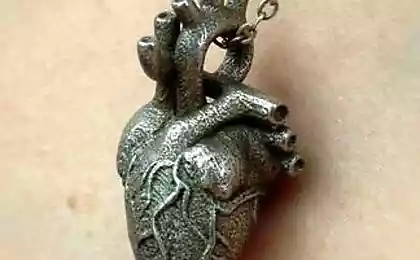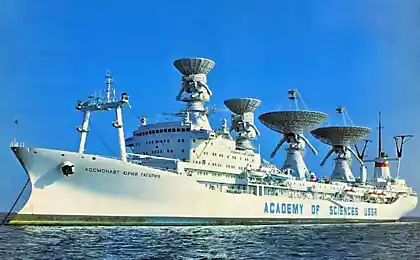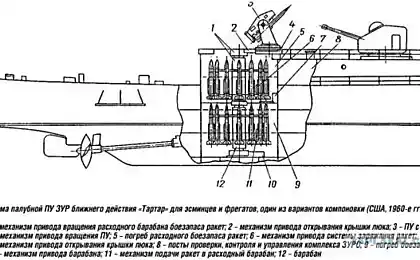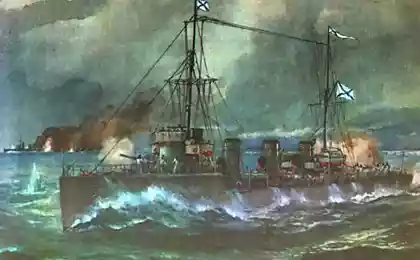897
The US Navy plans to produce parts for warships by 3D-printing

USS Theodore Roosevelt
Ministry of Naval Research USA (Office of Naval Research, ONR) 15 July will hold a presentation of the new program Quality Metal Additive Manufacturing (Quality MADE, «qualitative additive manufacture of metal parts"). This program is designed to investigate the possibilities of the manufacture of parts for ships and aircraft by 3D-printing.
Popular and booming today additive technology (3D-printing) are opening up new opportunities for peace producers and for the military. We are no longer surprised by building , bridges , cars and even rocket engines , printed out. Advantages of printing are obvious: minimum consumption of raw materials and the ability to print anything on the spot.
It attracts Naval Office. US Navy - the largest in the world. Each year, the water goes down at least 1 new ship. Now the fleet totals 286 vessels, which are more than 300 thousand people, and about 3,700 aircraft. Among them, by the way, is USS Constitution - the oldest sailing ship in the world of being afloat.
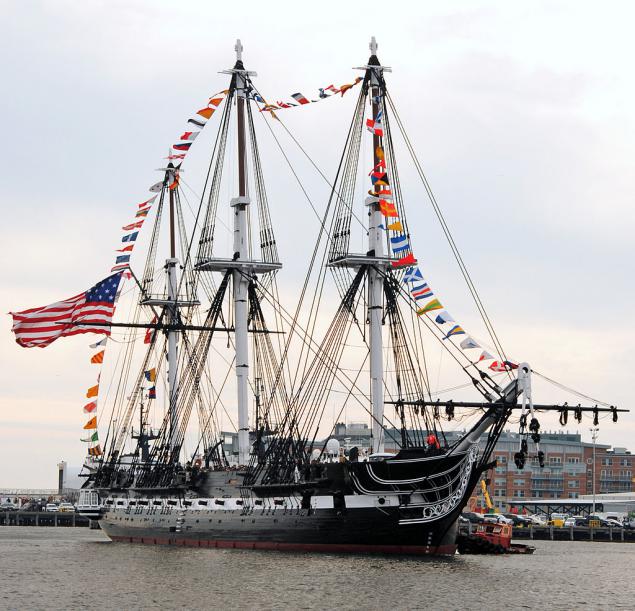
USS Constitution
Any large aircraft carrier is forced to carry the spare parts for various mechanisms present on the board, as well as parts for aircraft, which it carries. All this takes a very large amount, and is frozen funds.
It would be much easier and more efficient to be able to print you will need the item right on the spot - whether it is part of the engine of the ship or any part of the aircraft. This would give the vehicle mobility and independence that is so appreciated by the military. To develop a program of military concluded a contract with 3D systems , founded in 1986 and is considered one of the first companies to begin development of 3D-printers.
Of course, it does not go out of the question, to print the entire ship - after all, the details of construction and the cladding is more reliable to make old-fashioned way. A small detail, clever engine parts and other things could well be created directly "on the fly".
Source: geektimes.ru/post/253012/
Scientists have identified regions of DNA of mammoths responsible for woolly, cold tolerance and other features of ancient animals
Found evidence for the existence of a large population of supermassive black holes







